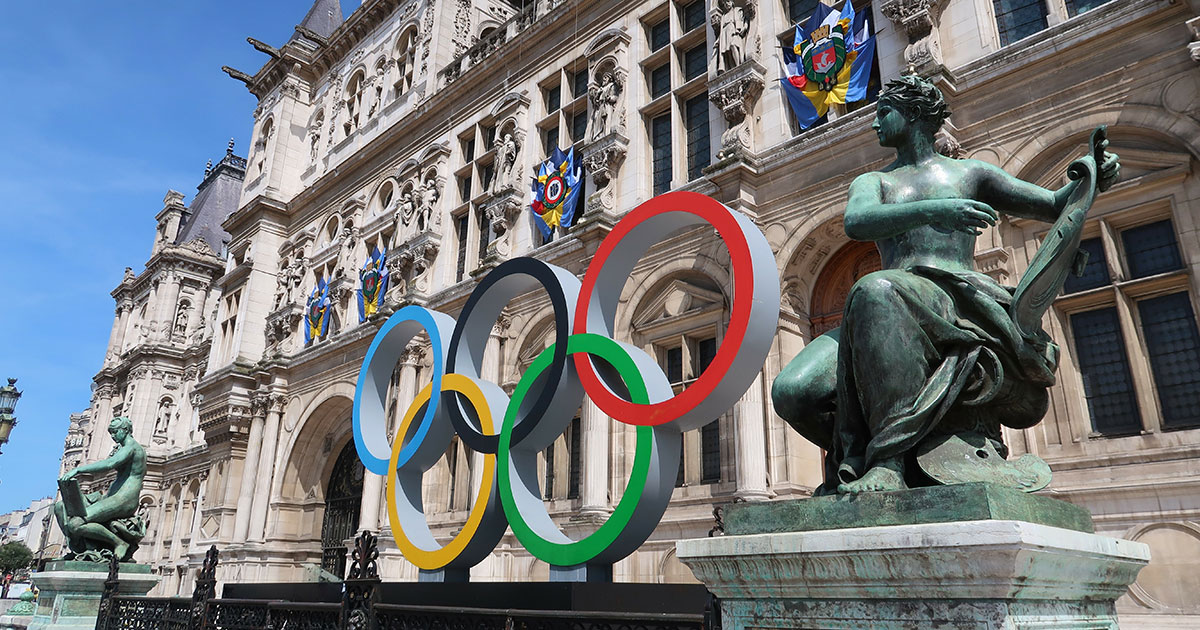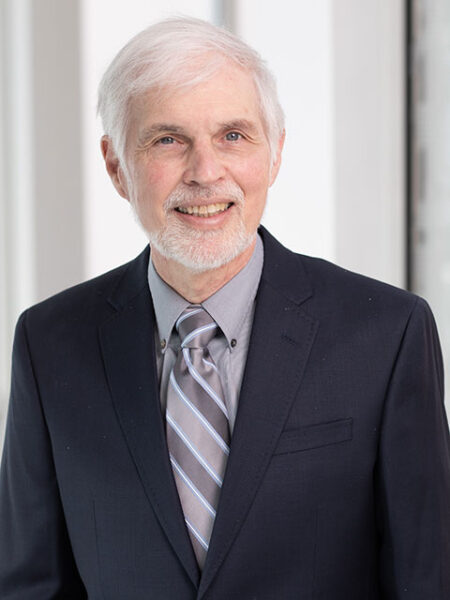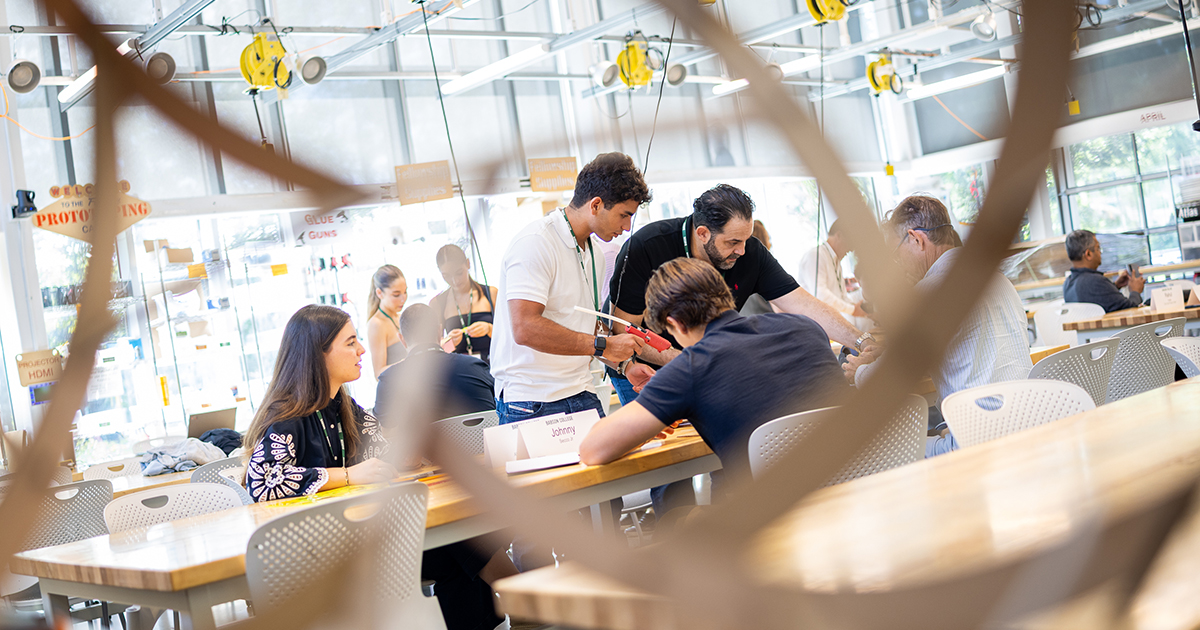Is Hosting the Olympics Worth It?

Right now, the attention of the world is focused on Paris.
The City of Light is serving as host to all the thrills, triumphs, and feel-good stories of the Olympics. It should prove to be a glorious two-plus weeks.
That glory, however, is fleeting. Soon enough, the games will be over, the world will move on, and Paris will be left with one large, nagging, Olympic-size pool of a question: Was it worth it?
For any city that hosts the Olympics, that is often the lingering question. Is all the construction and congestion, all the inconvenience and (most critically) money worth it? Answering that question in the affirmative is tricky. Host cities always face ballooning costs, and Paris is no different. “To be successful, you have to have lots of good things come together for you,” says Kent Jones, professor emeritus of economics at Babson College.
Jones and fellow Babson colleague Jason Wong, assistant professor of economics, look at the bottom line of the Olympics and what any city should consider before bidding to host the games in the future.
“All of these things make it important to think carefully before you put your bid in,” Jones says. “Do it with your eyes open. Think of all the angles. If anything can go wrong, it often will.”
A Matter of Pride
Civic pride is a big reason cities decide to host the Olympics. Particularly for up-and-coming cities, the games can serve as a way to announce themselves to the world. “Most of this is not because of cost-benefit analysis,” Wong says. “It’s about national pride and putting your country on the map.”

That sense of pride, though, may not extend to the citizens of the city, those whose lives will be most impacted by the games and the tremendous undertaking to prepare for them. “There are political ramifications that need to figure into the equation,” Wong says. “People are hateful toward mass spending on something they don’t benefit from.”
Olympic leaders need to address the citizens who question the sacrifices required of them and their tax dollars. “If it’s public money to be used, how could that have been used otherwise?” Jones says. “Then you have questions about education, about health care.”
Holding an Olympics in a city without the support of its citizens is difficult. That’s what Boston discovered a decade ago, when it dropped its bid for the 2024 Olympic Games. Boston residents thought of the issues plaguing the city—its sputtering public transportation, its unrelenting congestion, its frustrating lack of developable land—and said no thanks.
“Having an Olympics will strain things to their limit. This is why a lot of people balked at Boston being the host,” Jones says. “Boston is too small to host the Olympics. We are crowded here against the ocean with a limited amount of area, and a limited amount of area that can be converted to Olympic use.”
People Will Come, Maybe
Host the games, and the people will come. Or so that’s the conventional wisdom.

“There is this grandiose idea that you will attract a lot of people to the city,” Wong says. “That’s partially true. The net benefit to tourism is overstated.”
That’s because, while some people will travel to attend the games, others will stay away, not wanting to deal with the crowds, congestion, and high costs. “It has a deterrent effect,” Wong says. “We see that in Paris. People are avoiding Paris this summer.”
If a city’s leaders want to host the games to attract tourists, they should ask themselves if that’s even necessary. “Paris is already well-established with tourists,” Wong says. For cities not so well-established, an Olympics can prove a worthy showcase to potential future tourists, but only if the city presents itself well. A disorganized, mismanaged event can wreck a city’s reputation.
“Reputational enhancement—that’s worth a lot of money,” Jones says. “But, then you think of everything that could go wrong.”
Handling the Costs
For cities facing the considerable costs of the games, the best-case scenario is they don’t have to do much construction. Hopefully, their pre-existing facilities and infrastructure are sufficient, which is what Los Angeles is planning for the 2028 Olympic Games.
If not, they need to make sure that whatever they build has a life beyond the games. The Olympic village for the Paris games, for instance, is planned to be turned into housing and offices.
Host cities don’t want to end up a cautionary tale such as Athens, Greece, which hosted the 2004 Games and which has seen a number of its Olympic facilities sit unused. “They built all this stuff,” Jones says. “It’s now a ghost town. They didn’t plan well.”
“Most of this is not because of cost-benefit analysis. It’s about national pride and putting your country on the map.”
Jason Wong, assistant professor of economics
To help bear the costs of hosting, cities should seek private investment and sponsorship. “Spread the risk out,” Jones says. “Get a lot of business interests involved, not just government.”
Additionally, they need smart, fiscally responsible leadership. “Overall, the fiscal discipline of these events is key to whether they are worth it or not,” Wong says.
Adds Jones, “A Babson MBA may be a prerequisite for an Olympic manager.”
Posted in Insights




